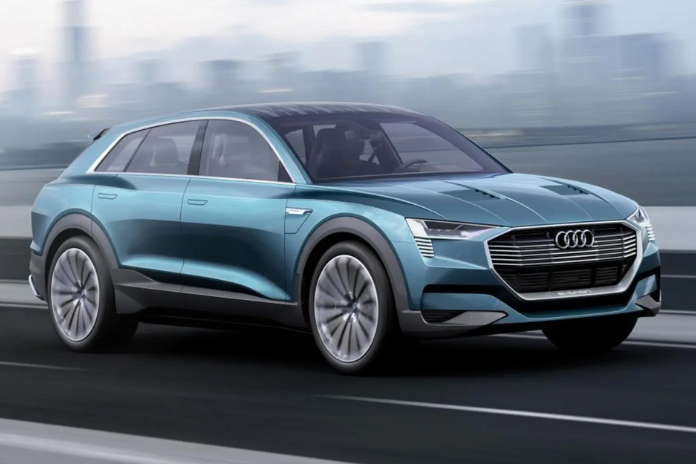The automotive industry is at a pivotal crossroads, with the future of driving being shaped by the ongoing debate between electric vs hybrid cars. As we navigate through the pros and cons of each, it’s clear that the path to sustainable mobility is not a one-size-fits-all solution. Let’s get into the details, comparing these two types of vehicles, to help you understand which might be the best fit for your driving needs and environmental aspirations.
Electric vs. Hybrid cars, environmental impact
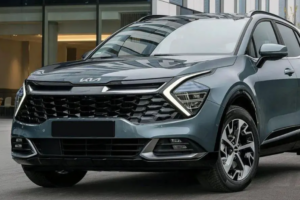
When considering the environmental impact of electric vs. hybrid cars, it’s essential to look beyond tailpipe emissions. EVs, while producing zero emissions during operation, still rely on the electricity grid, which may be powered by fossil fuels in some regions. However, as the grid becomes greener with more renewable energy sources, the overall environmental footprint of EVs continues to decrease.
Hybrids, on the other hand, produce emissions when running on gasoline but significantly less than traditional cars. They serve as a practical step towards cleaner driving, especially in areas where the electric grid is less eco-friendly.
Understanding Electric Cars
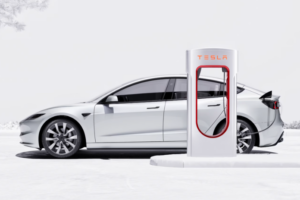
Electric vehicles (EVs) are powered entirely by electricity, typically stored in a rechargeable battery pack. The beauty of electric cars lies in their simplicity and efficiency. With fewer moving parts than traditional internal combustion engines, EVs offer a smoother and quieter ride. People also know them for their instant torque and impressive acceleration. For instance, the Tesla Model 3 can go from 0 to 60 mph in just 3.2 seconds, showcasing the performance capabilities of electric powertrains.
However, the range anxiety associated with EVs is a concern for some drivers. While battery technology is rapidly improving, with many new models offering ranges well over 300 miles on a single charge, the availability of charging stations remains a hurdle for widespread adoption. Nonetheless, for city dwellers or those with a predictable daily commute, electric cars present a compelling, eco-friendly option.
The Hybrid Approach
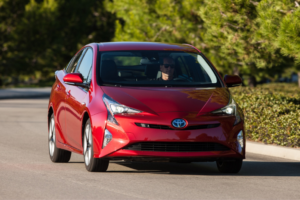
Hybrid vehicles combine a traditional internal combustion engine with an electric motor, offering a middle ground between conventional gas cars and full EVs. This dual-system allows hybrids to achieve better fuel efficiency and lower emissions than their gasoline-only counterparts. The Toyota Prius, a pioneer in the hybrid market, can achieve a combined fuel economy of over 50 miles per gallon, making it an attractive option for those looking to reduce their carbon footprint without fully committing to electric technology.
Hybrids come in various forms, including mild hybrids and plug-in hybrids (PHEVs), each offering different levels of electric assistance and capability. PHEVs, like the Chevrolet Volt, can run on electric power alone for short distances before switching to hybrid mode, providing flexibility for drivers not ready to rely solely on electric charging infrastructure.
Cost Comparison
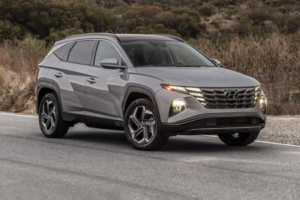
The initial purchase price of electric cars can be higher than that of hybrids or conventional vehicles, partly due to the cost of battery technology. However, tax incentives, lower running costs, and fewer maintenance requirements can offset the higher upfront cost over time. Hybrids, while generally less expensive than EVs upfront, also benefit from lower fuel costs and tax incentives in many regions.
Driving Experience
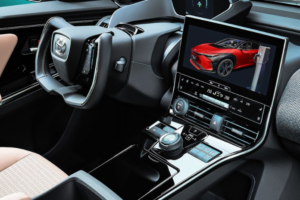
Driving an electric car offers a unique experience, with quiet operation and rapid acceleration at any speed. The low center of gravity in many EVs, due to the battery placement, also provides excellent handling. Hybrids, while not as quiet or quick as EVs, still offer a smoother and more fuel-efficient ride than traditional cars.
Future Trends
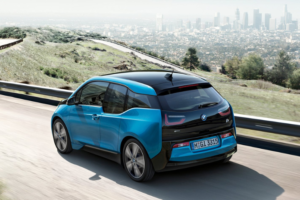
The automotive industry is heavily investing in both electric and hybrid technologies. With advancements in battery technology, charging infrastructure, and renewable energy, electric cars are becoming more accessible and practical for a broader range of drivers. Meanwhile, hybrids continue to offer a versatile and efficient alternative for those not ready to make the full leap to electric.
Making the Right Choice
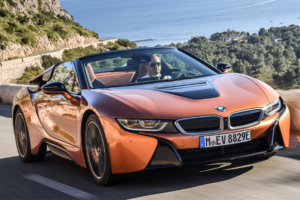
Choosing between an electric and a hybrid car depends on your driving habits, budget, and environmental priorities. If you have access to a charging station and most of your driving is within the range of an EV, an electric car could be the way to go. For drivers who face range anxiety or lack charging infrastructure, a hybrid might be the more practical choice.
In conclusion, the debate between electric vs. hybrid cars revolves not around which is superior, but around which best fits your lifestyle and values. As the automotive industry evolves, the options for eco-friendly driving will only expand, making it an exciting time to be a driver.

